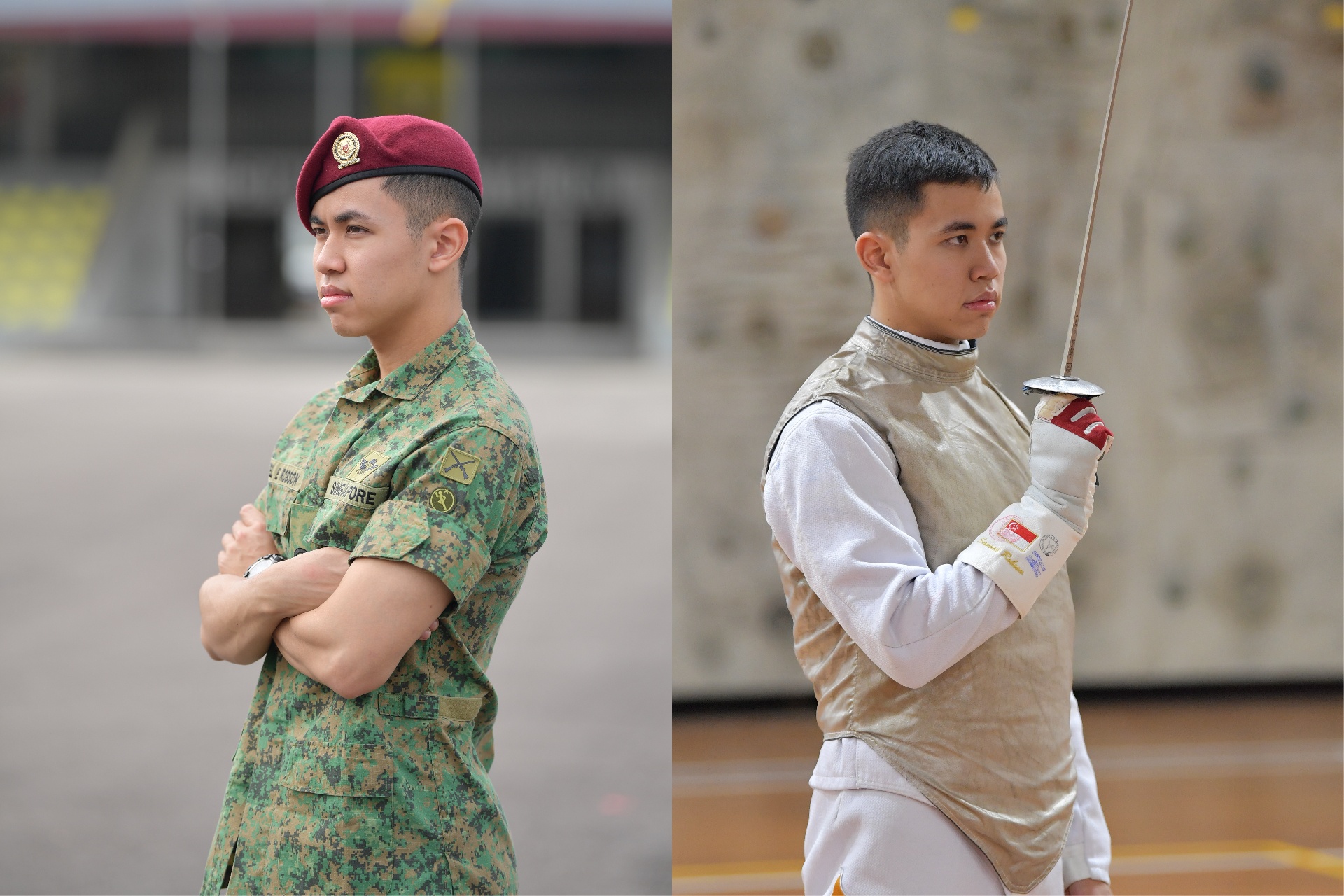PEOPLE
A COXSWAIN'S JOURNEY THROUGH THE NAVY'S SUBMARINES
15 Dec 2022
ME3 Chua joined the Dolphin family 20 years ago and has seen it through three generations of submarines.
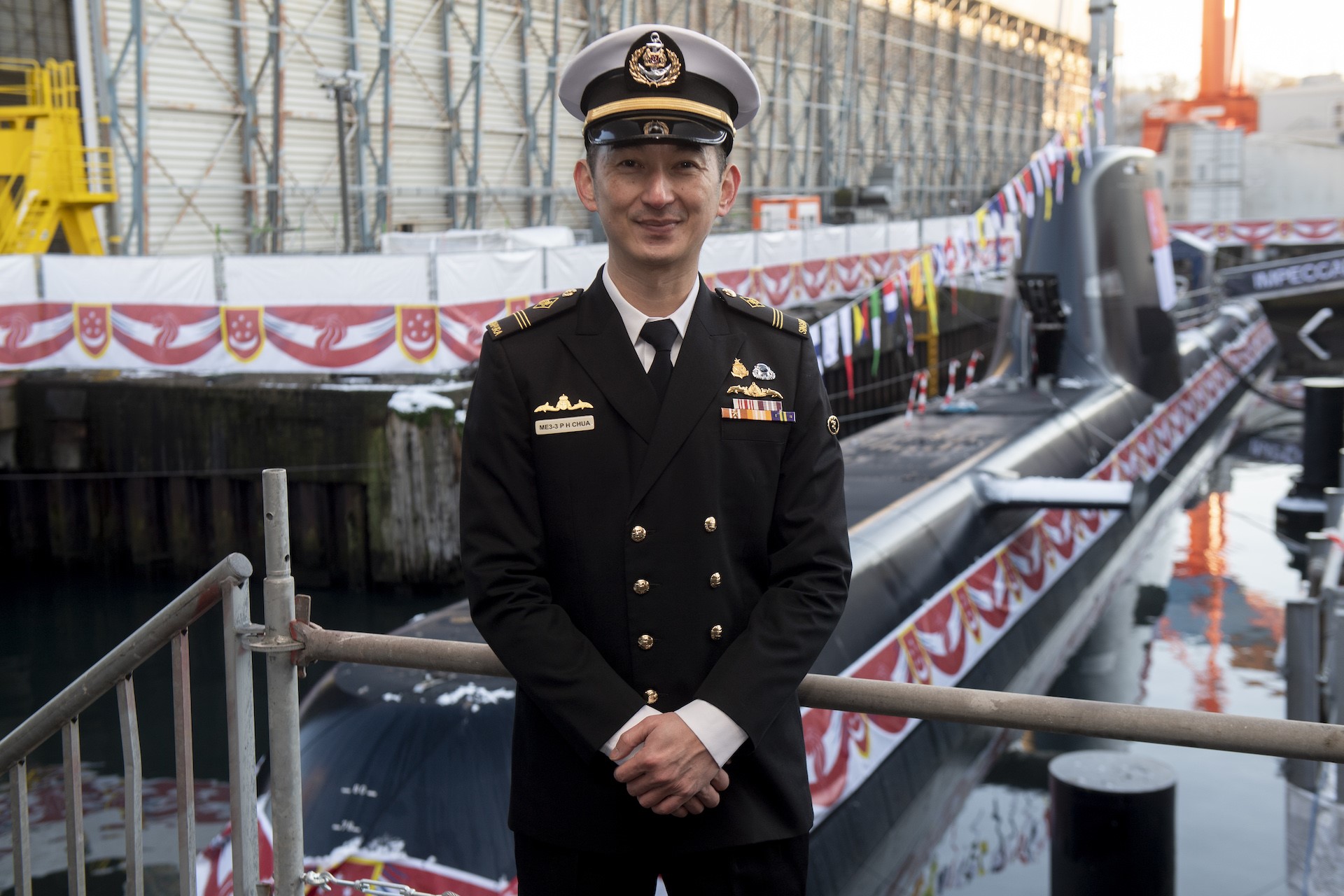

If operating the Challenger- or Archer-class submarines was like driving a vintage car, then the Navy's Invincible-class submarine is like the latest sports car, with its futuristic tech.
This was the analogy given by Military Expert (ME) 3 Marcus Chua, who has 20 years of submarining experience under his belt.
ME3 Chua started training on the Challenger-class submarine in Sweden in 2002 – where his first child was also born.
Now the Coxswain (Designate) of the Invincible-class Impeccable, he trains up his competencies for the new platform while helping his junior crew. He also assists his Commanding Officer in ensuring the crew remain safe while training amid COVID-19.
"We started off from not knowing how to operate the submarine – which were second-hand boats – till now, where we know our requirements and can build a submarine customised to our own needs," said the 45-year-old.
"That is something significant and I'm proud to be a part of this journey."
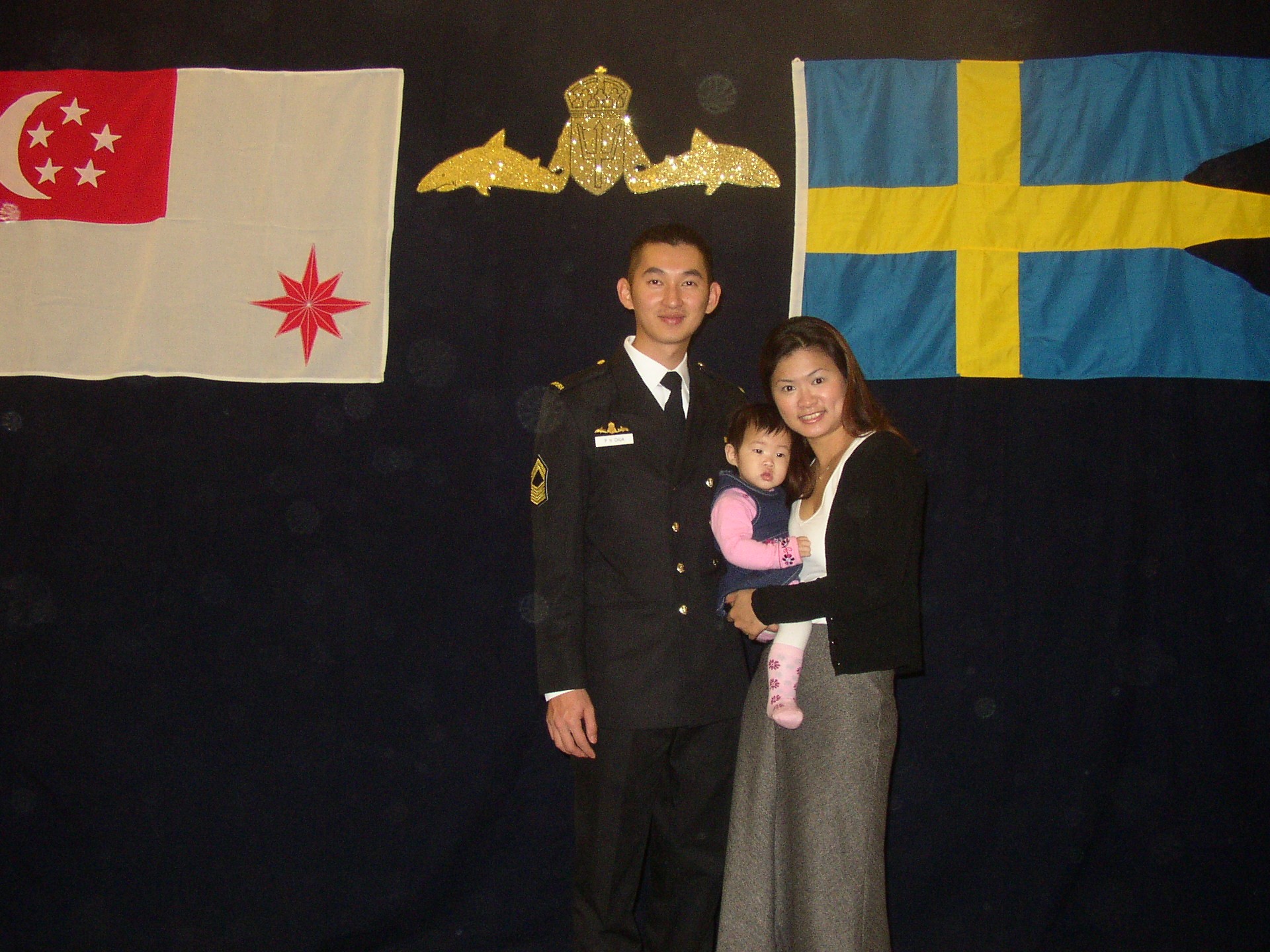
ME3 Chua joined the Navy in 1998 and served onboard the patrol vessels before joining the Dolphin family in 2002. He worked his way up from Junior Sonar Operator to Cluster Chief, and then Coxswain.
During his time, he was also deployed to the Gulf of Aden for two months in 2014 as part of counter-piracy efforts.
PIONEER catches up with him ahead of the launch of Impeccable. The Navy's second and third Invincible-class submarines, Impeccable and Illustrious, were launched in a ceremony officiated by Prime Minister Lee Hsien Loong on 13 Dec.
Having operated on the Challenger- and Archer-class submarines, how is the Invincible-class different?
Back then, everything was very manual. To operate a system, you'd need to go to that location, start it up and operate it. But with the Invincible-class submarines, there's a lot more automation and you can operate the systems remotely from a central location.
One of the experiences I had as a Sonar Operator in the past, was that I needed to plot contacts around the vessel manually on paper. Now, these are done automatically and it saves a lot of the time and bandwidth for the operator and we can fight more efficiently.
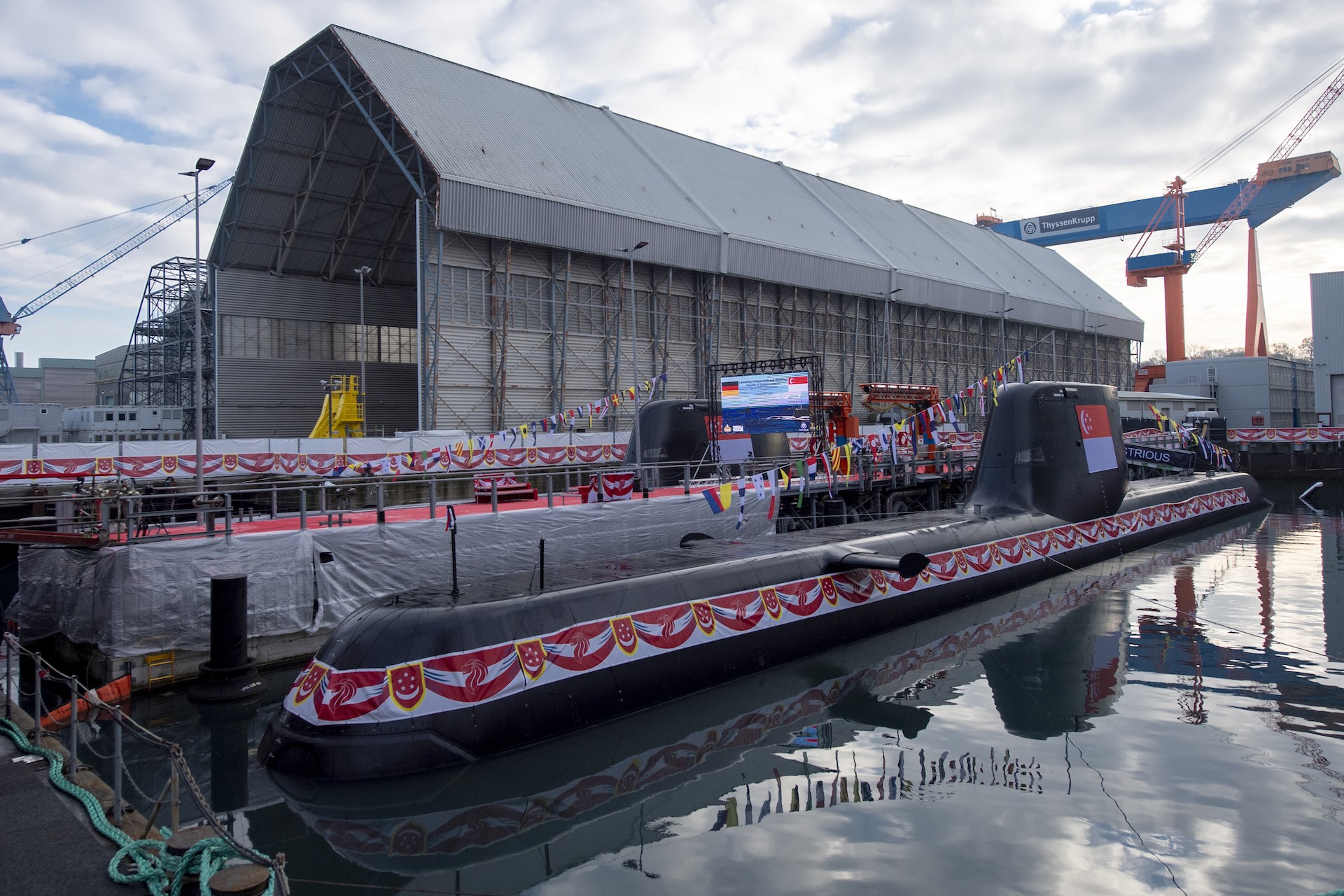
How about differences in living quarters, since you might have to be in the boat over extended periods of time?
We do not need to do "hot bunking" anymore. In the past, we always needed to share the beds with another crew member – half the crew is on watch (or on duty) while half is asleep. So we would need to spend time changing the bedsheets before getting ready for the next watch.
Now, we have personal bunking and more personal space for each individual.
You had your family with you in Sweden. How was it like to come to Kiel, Germany without them?
Twice I went to Sweden, my wife quit her job to accompany me and when we returned to Singapore, she would find a new job. It was tough; so we didn't do it this time.
It was tough the day I had to leave my family for Kiel. I video call them every week, and with my wife, almost every day. I wake up about 5:30 a.m. (German time), which is about noon in Singapore and we chat for about 10 to 15min before I go to work.
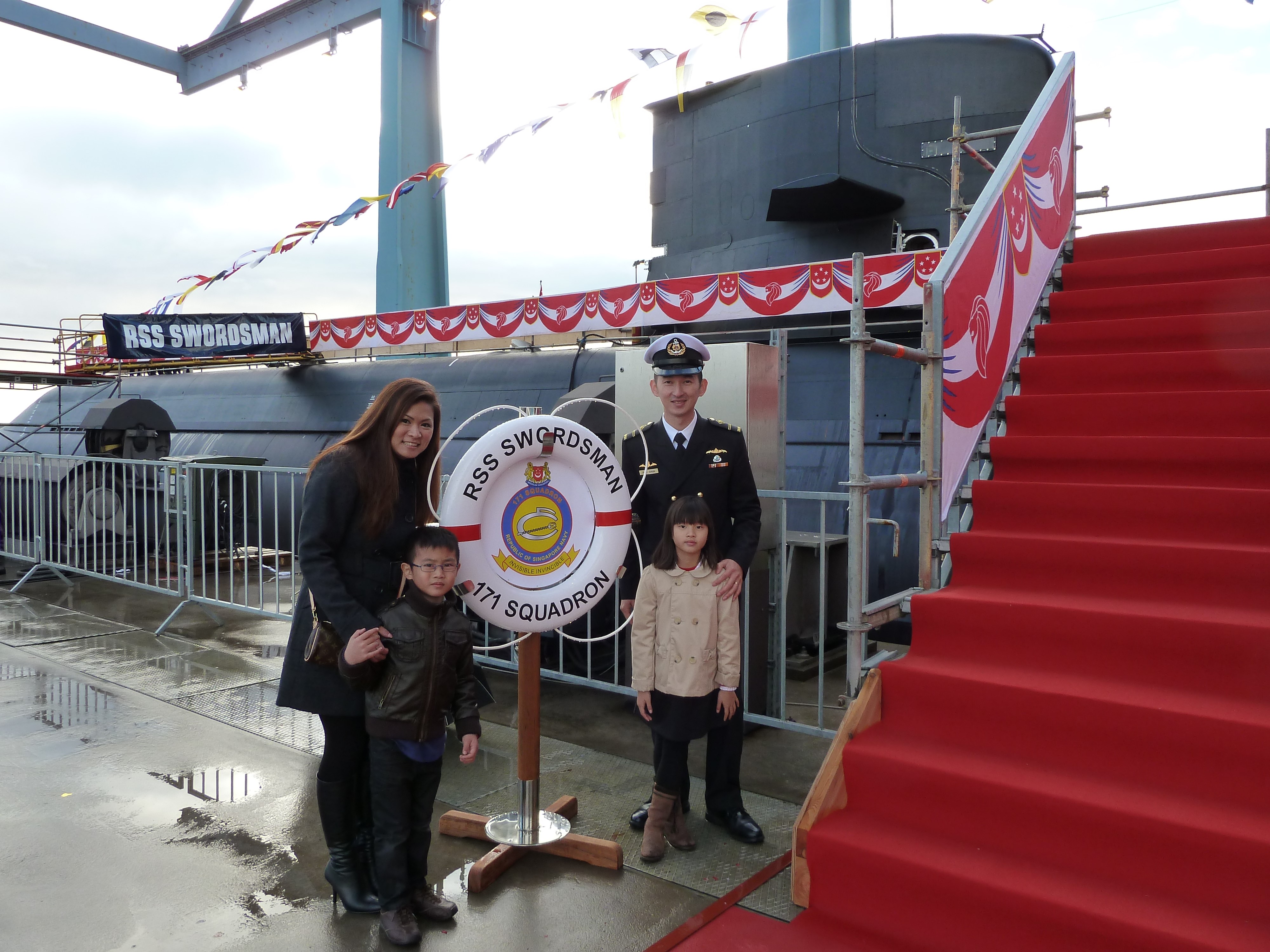
The crew has been training in Kiel for 18 months. How has everyone kept their morale up?
We have a lot of gatherings and meals to ensure we remain
tight-knit and cohesive. Here, because we become close to everyone's
family members as well, it becomes like we are part of the family. Even
from the past (Challenger- and Archer-class) projects, we still remain close and meet up when we are back in Singapore.
What does it mean to don the Dolphins?
It means that I've joined a special group of people where we know how to operate this sophisticated platform. Only those who don the Dolphins know how tough it is to operate the submarine under water.
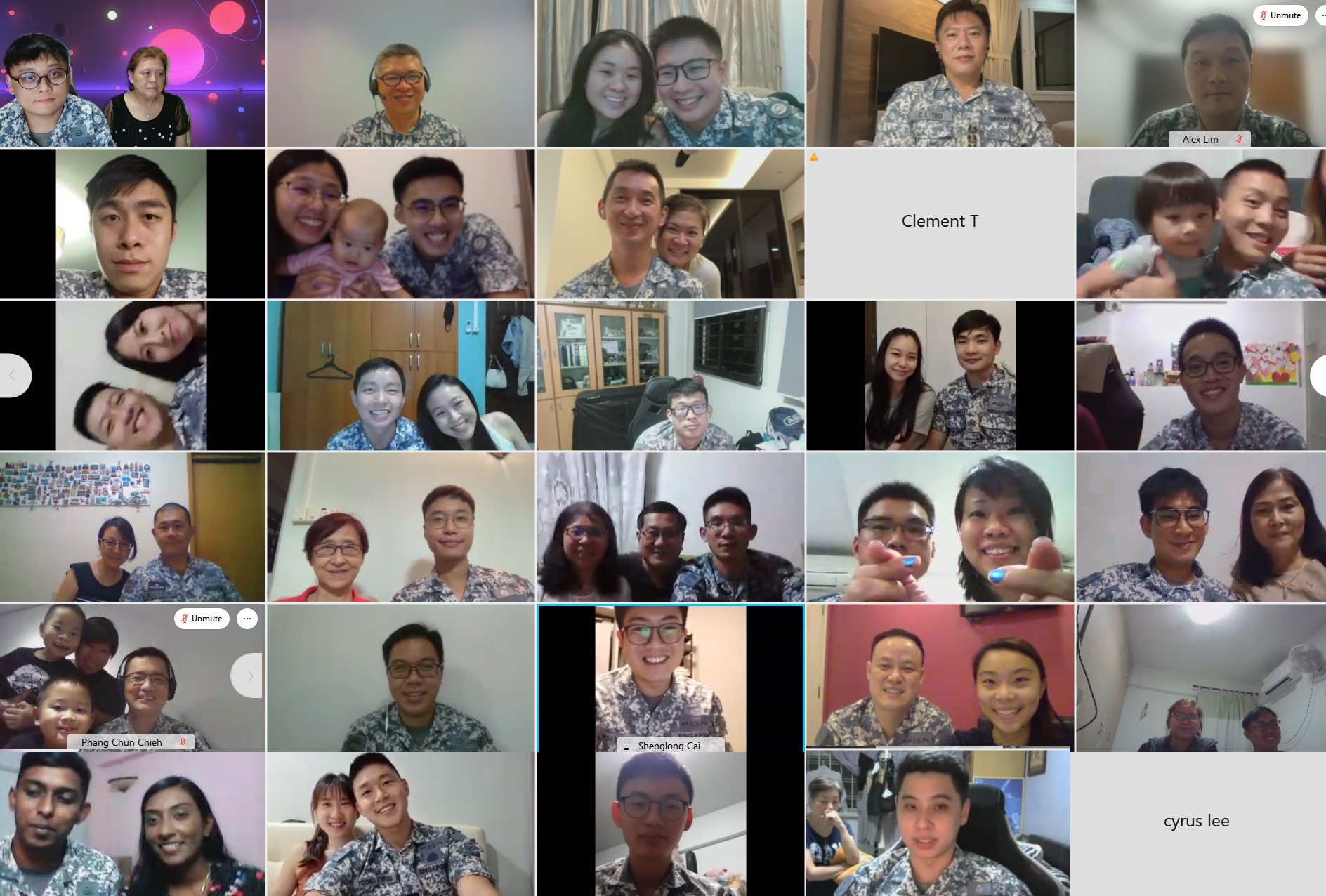
As Coxswain, you're one of the most senior submariners on board. What is something you always tell your junior operators?
I always tell them 'Knowledge is power.' We need to train hard and learn as much as we can to really operate the platform safely.
When we are out there at sea, our lives are dependent on one another. A single mistake could bring catastrophe to the submarine.
ALSO READ IN PEOPLE
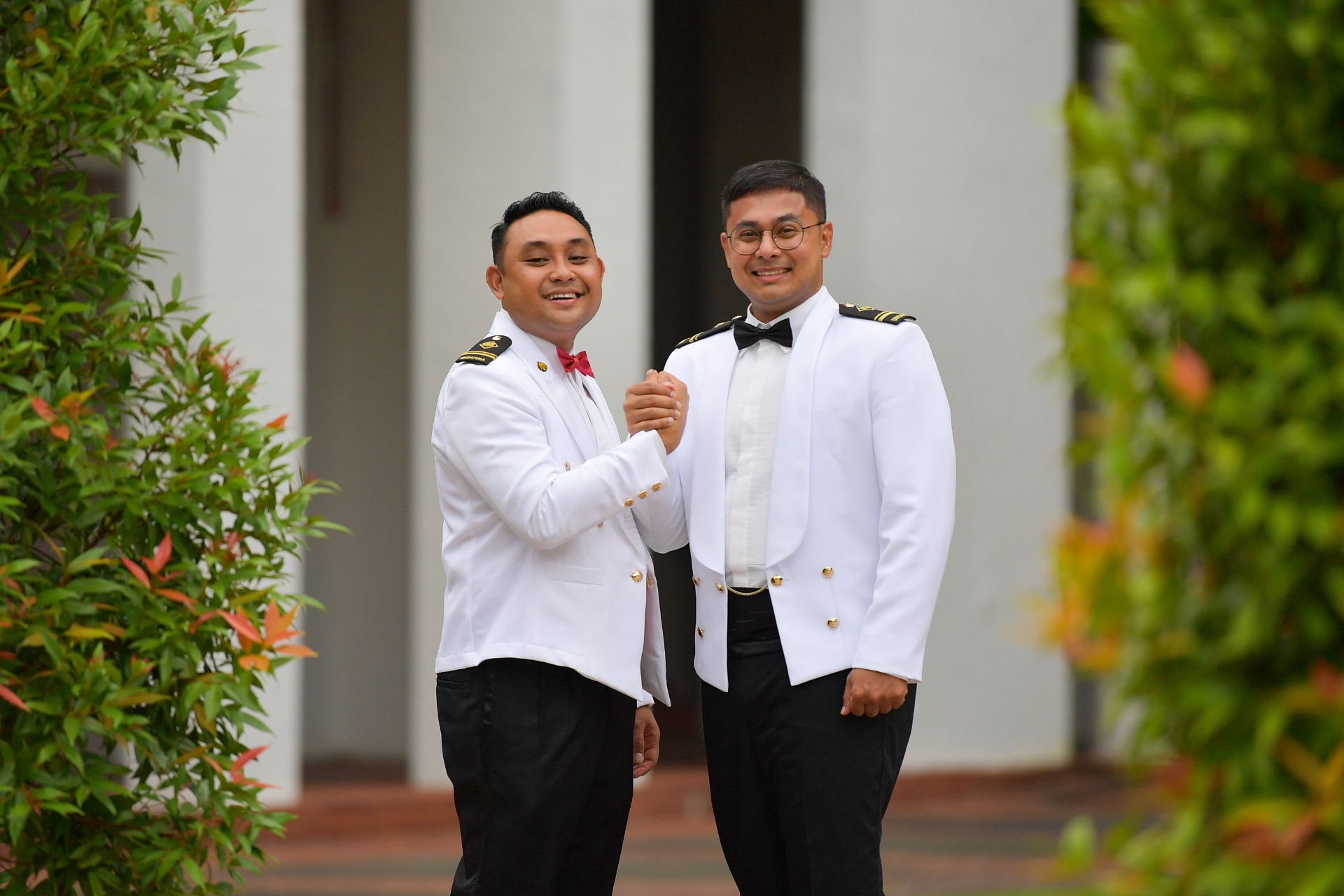
Bringing their civilian expertise to contribute more in NS
22 Jan 2026
On 21 Jan, the SAF welcomed its largest group of NSmen graduating under the Enhanced Expertise Deployment Scheme. Meet ME4 (NS) Muhammad Arief Aditya and ME4 (NS) Mohamed Najid Bin Mohamed Sultan, who are among these newly appointed military experts.
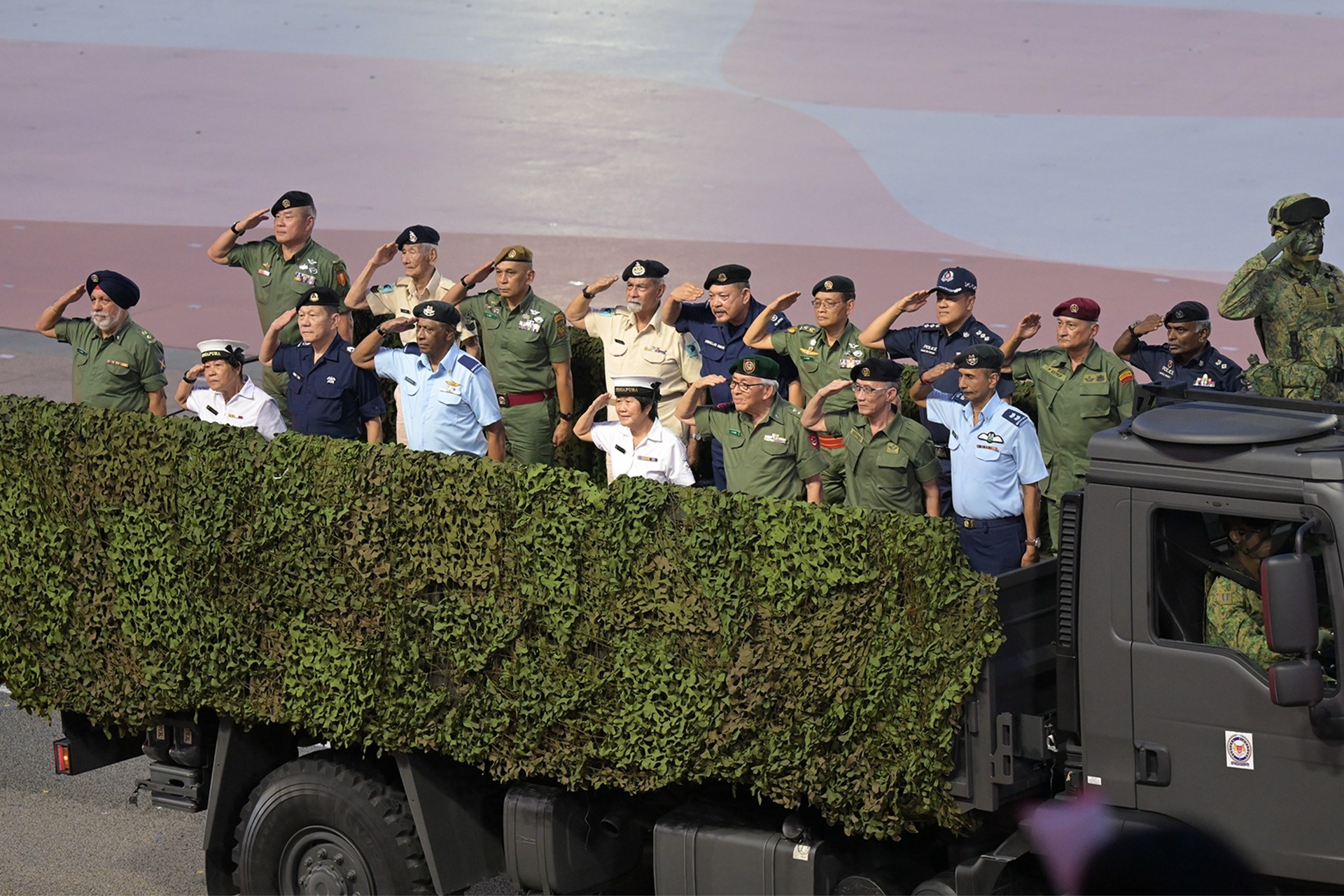
Guardians of legacy
15 Dec 2025
He helped build the RSAF’s first aircraft. She was one of the first women to join the navy. He managed communication crises in a time when a pager beep meant trouble. Meet these veterans who saw Singapore through turbulent times to build a strong SAF.
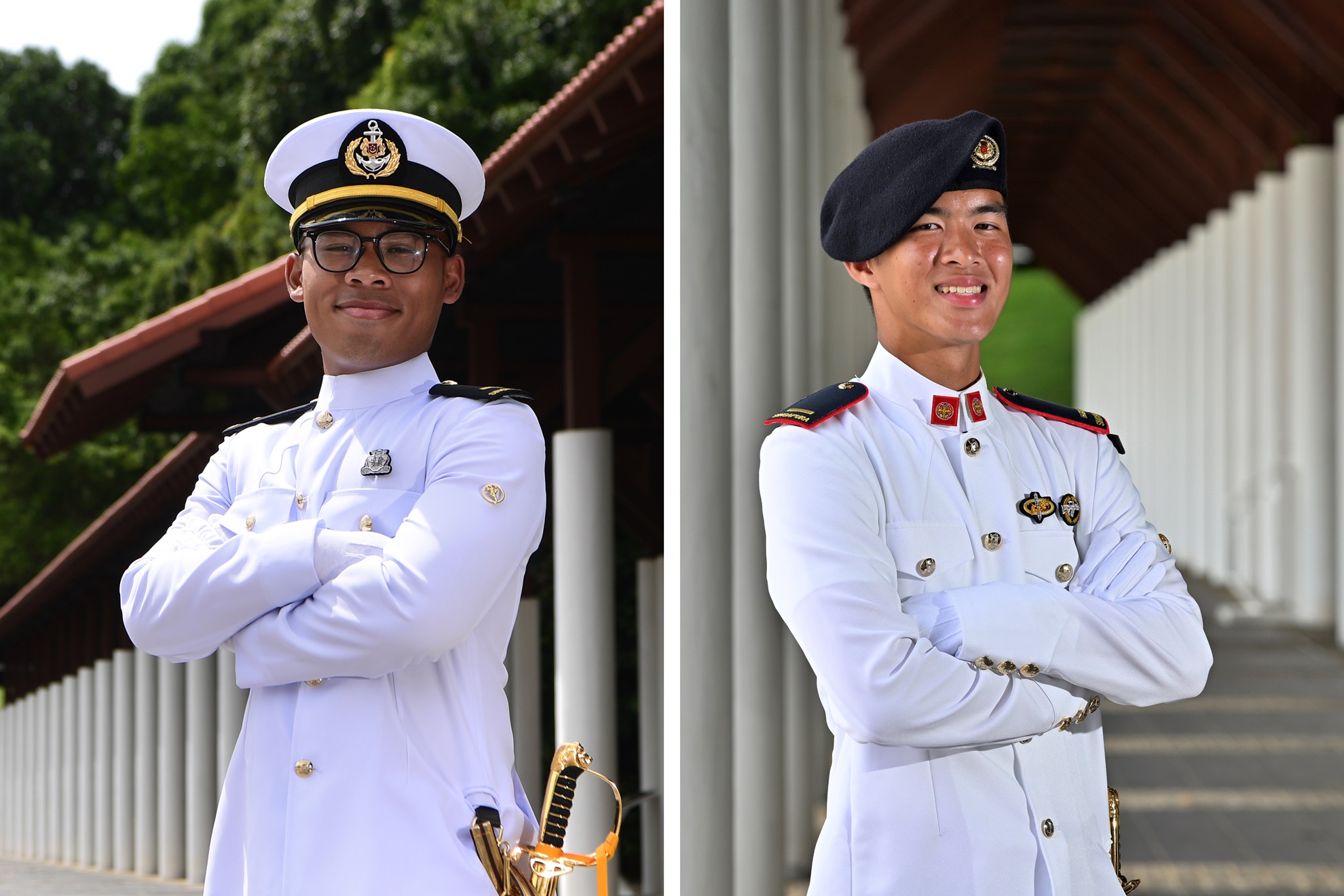
Rising above the tide & stepping forward to lead
13 Dec 2025
They’re among the SAF’s latest batch of officer graduands this year. Meet 2LT Mohamad Wira Kuriniawan and 2LT Ryan Ong, who will be heading to the Navy’s 180 Squadron and 1st Battalion, Singapore Guards respectively.


